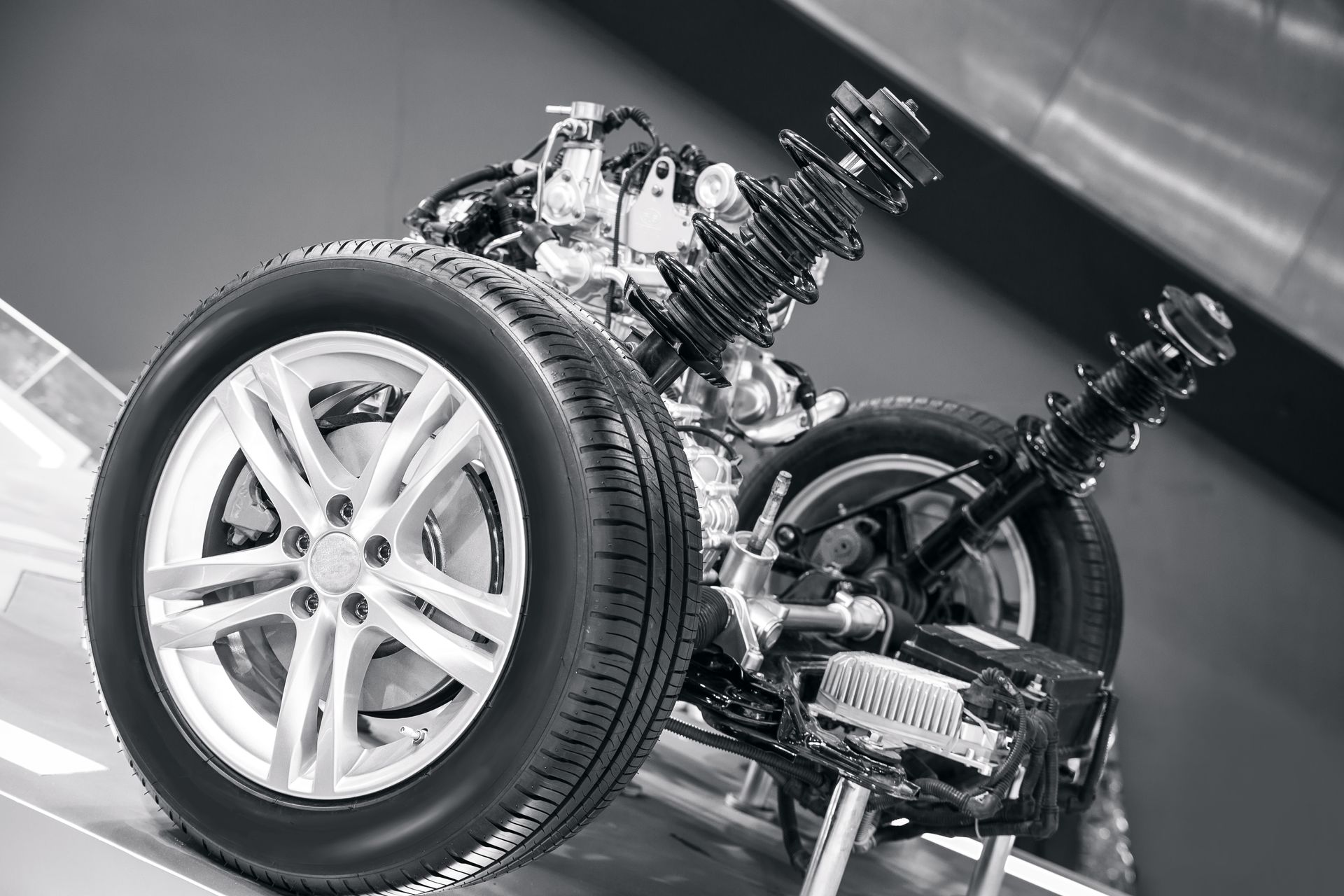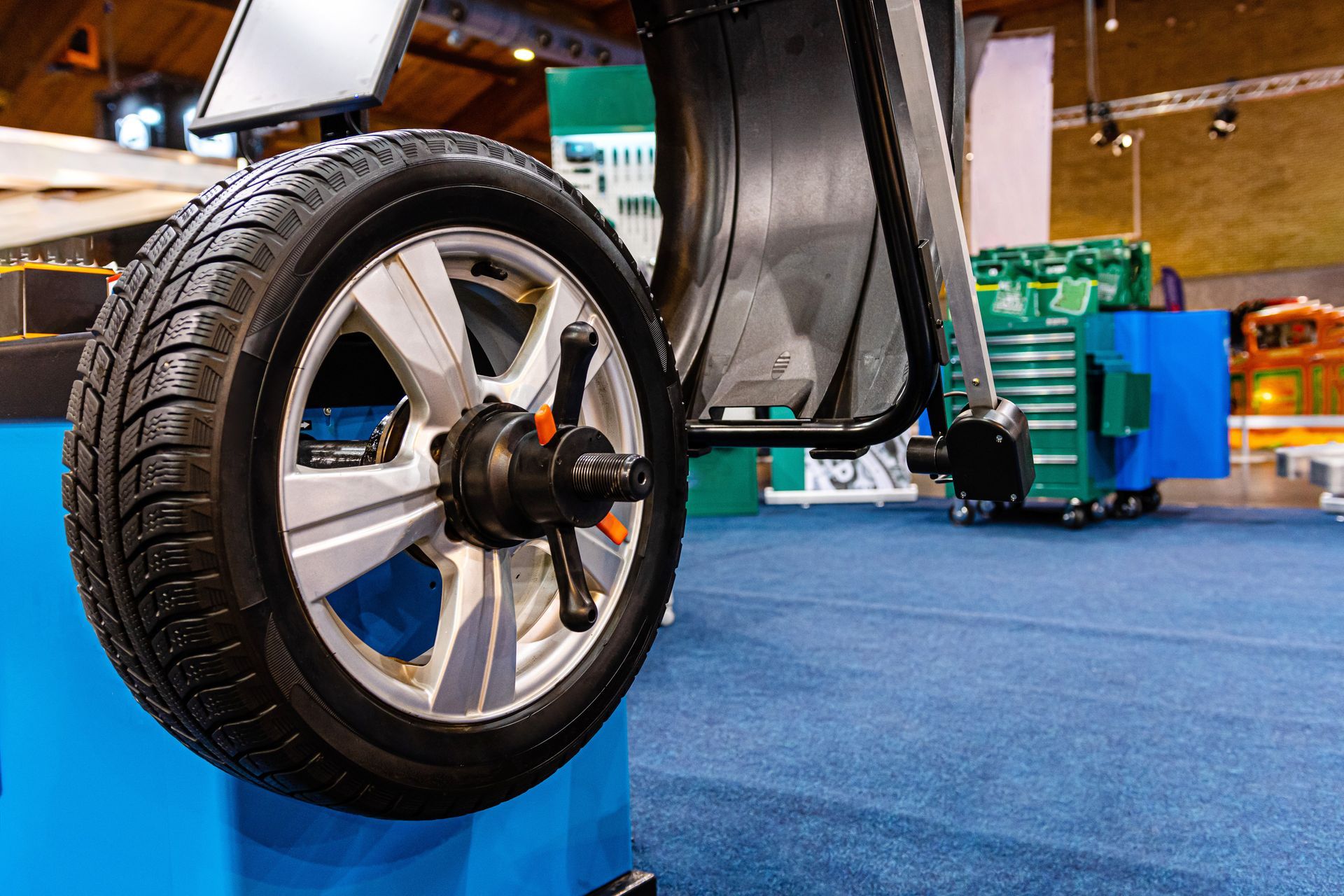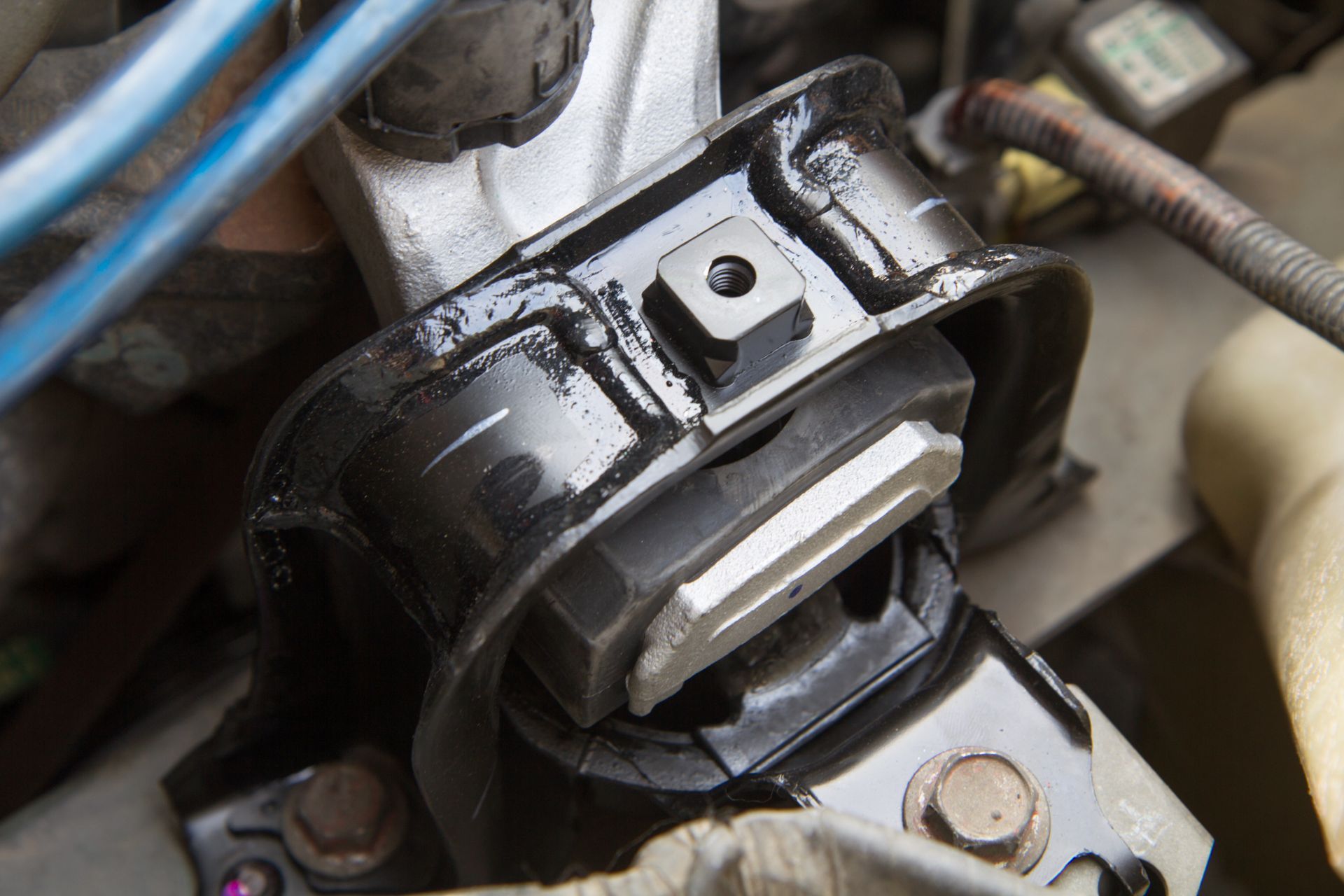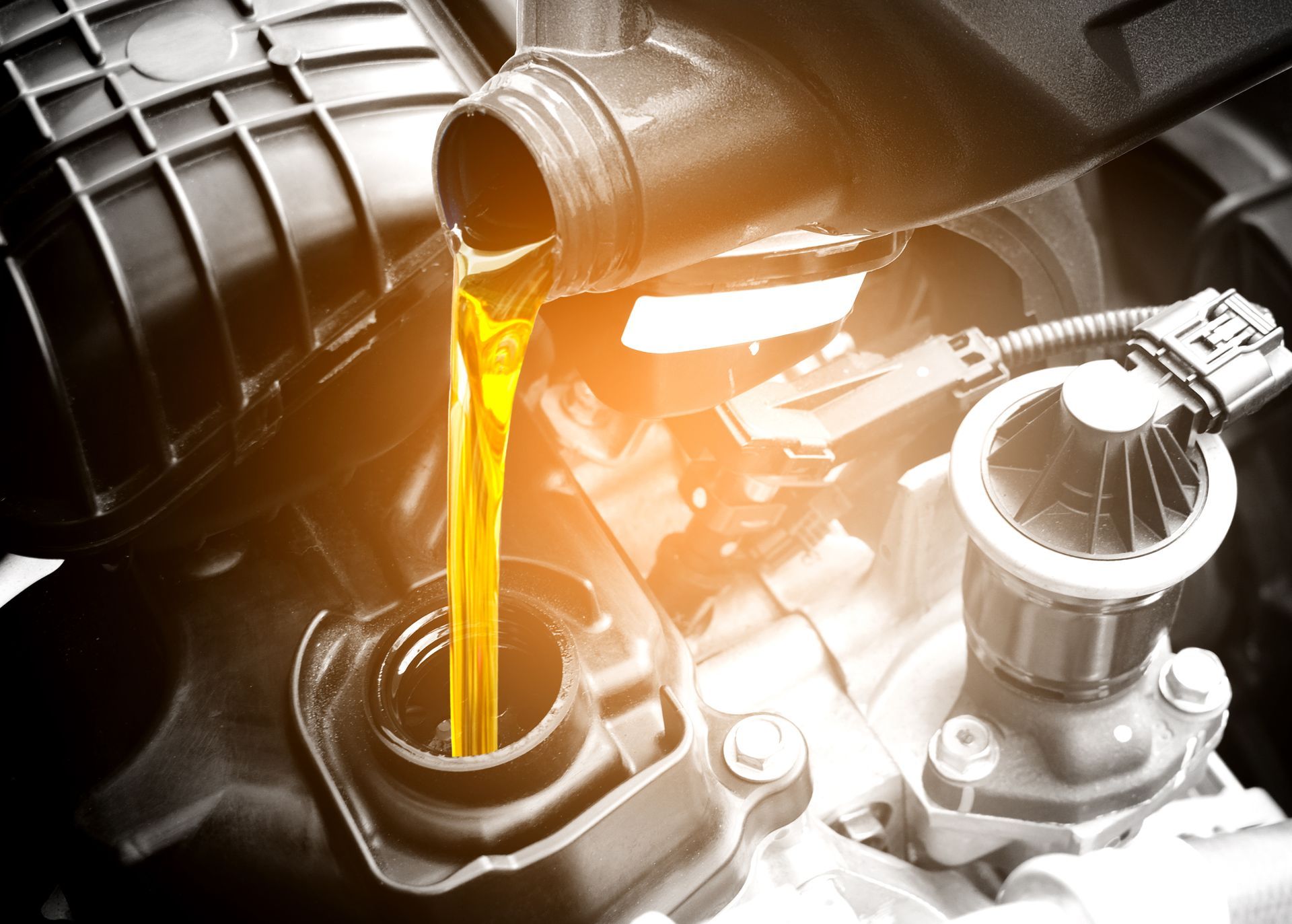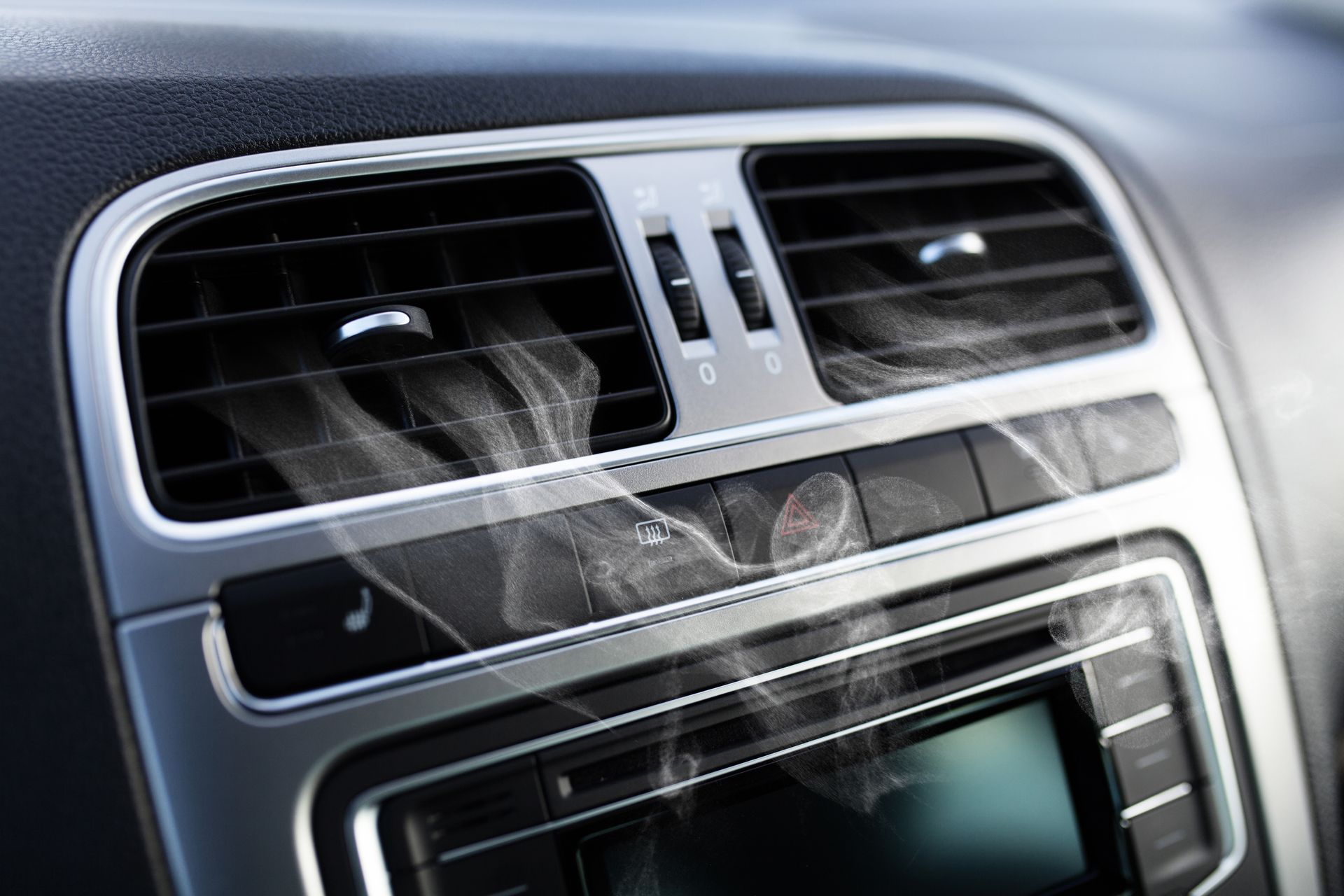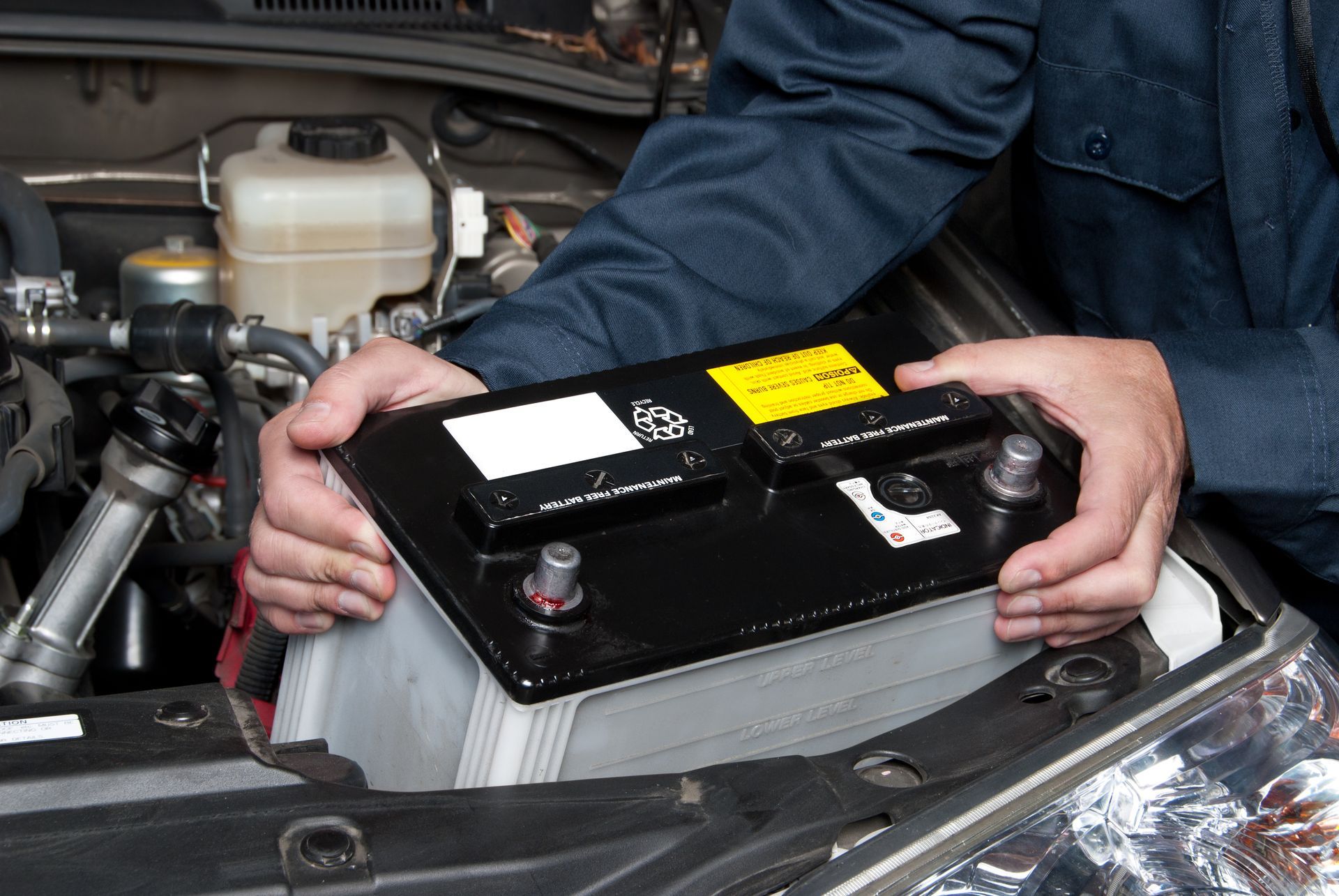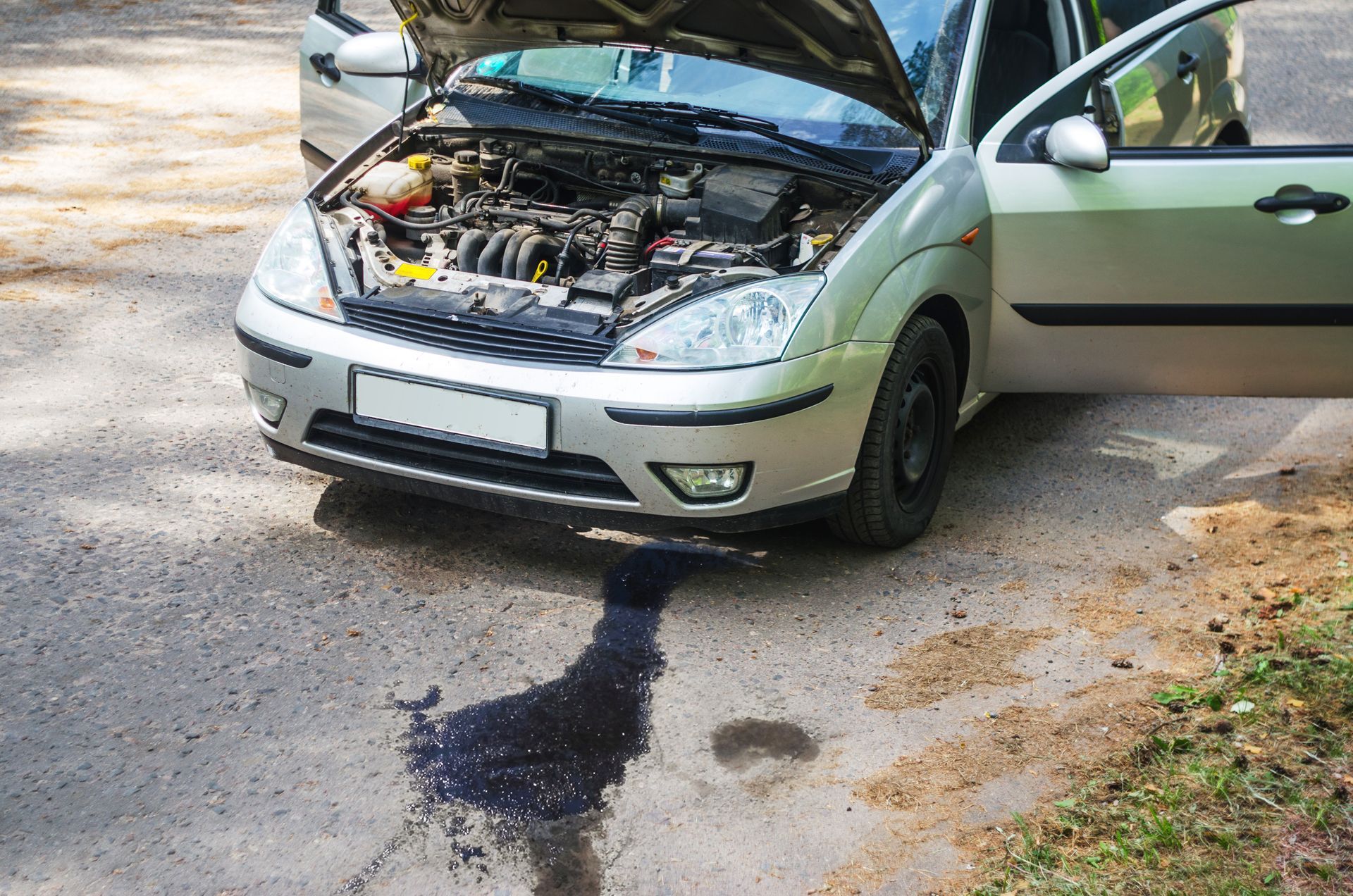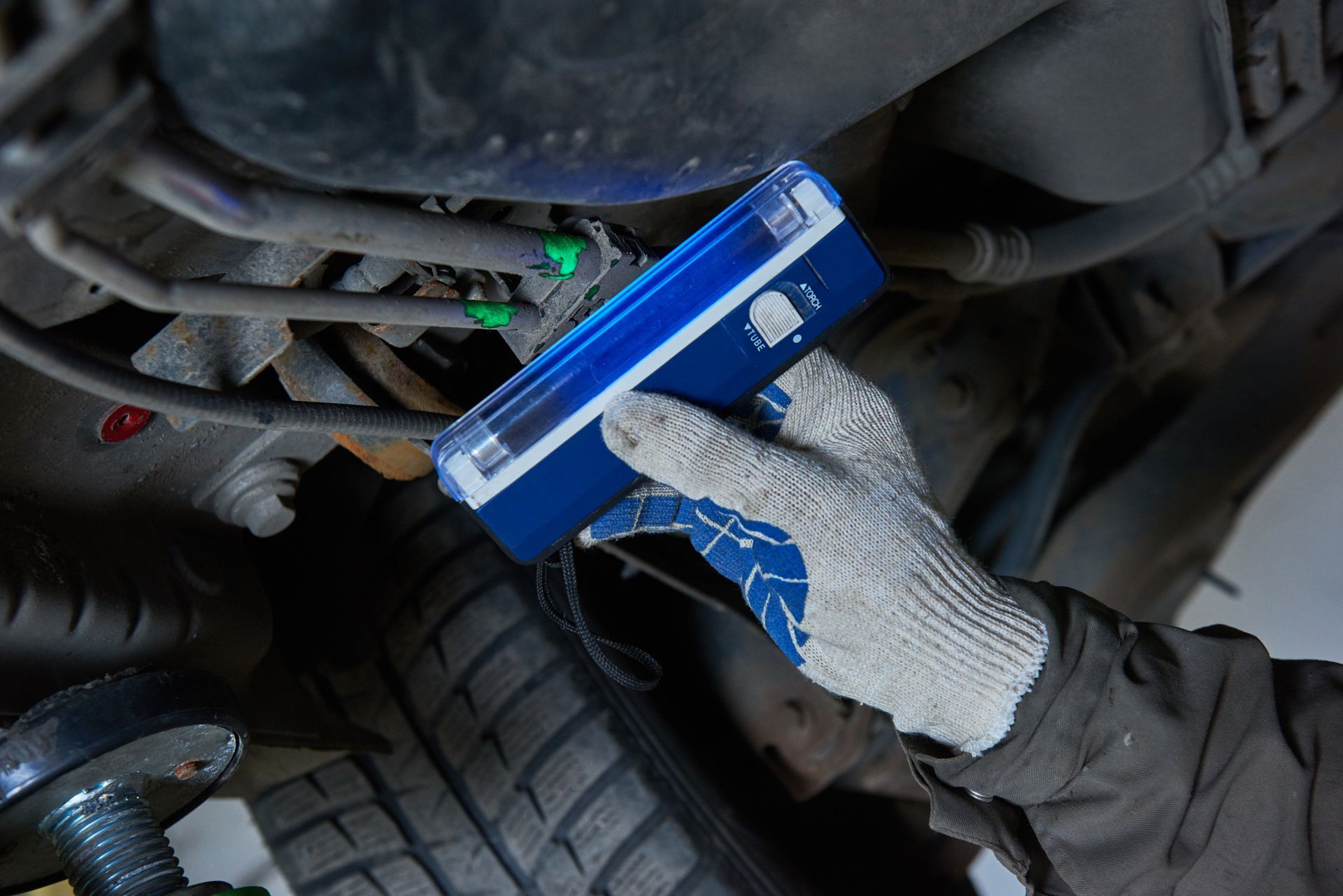It’s never a good feeling to see that glowing check engine light pop up on your dashboard. Whether it’s flashing or steady, it signals that something under the hood isn’t quite right. But while it might be tempting to ignore it, especially if the car still seems to drive fine, the check engine light is often a warning of underlying problems that could get worse over time.
Fortunately, many of the common reasons for illuminated check engine lights can be avoided with regular maintenance and a little attention to how your vehicle is performing. Knowing what these issues are and how to stay ahead of them can save you from unexpected repairs and stressful breakdowns.
Oxygen Sensor Failure
The oxygen sensor measures how much-unburned oxygen is in your car’s exhaust and helps manage your engine’s fuel efficiency and emissions. Over time, sensors wear out or become coated in carbon buildup. When one fails, it affects the fuel mixture and can cause poor mileage or rough idling.
The good news is that oxygen sensors usually fail slowly, giving you plenty of time to notice a decline in performance. Sticking to your maintenance schedule and replacing sensors at the recommended intervals can help prevent this issue from turning on your check engine light.
Loose or Damaged Gas Cap
Believe it or not, one of the most common causes of a check engine light is simply a loose or cracked gas cap. If the cap isn’t sealing properly, it allows fuel vapors to escape from the tank, which triggers a warning in your car’s emission system.
Whenever the light comes on, always check the gas cap first. Make sure it’s on tightly, and if it’s worn or the seal looks dry and cracked, replacing it might be the quick fix you need.
Worn Spark Plugs and Ignition Coils
Spark plugs are critical for starting combustion in each cylinder. When they wear out, the result can be engine misfires, rough running, or even stalling. Ignition coils, which deliver high-voltage electricity to the plugs, can also fail over time due to heat and vibration.
Regular tune-ups that include spark plug inspection and replacement keep your engine running smoothly and prevent misfire-related check engine lights from appearing.
Faulty Mass Airflow Sensor
The mass airflow sensor (MAF) monitors the amount of air entering the engine and helps the computer adjust fuel delivery. If it becomes dirty or fails, your vehicle may hesitate, idle rough, or use more fuel than normal. The check engine light will often appear when the MAF isn’t reading correctly.
Air filters play a role here, too. A clogged air filter can allow dirt to bypass the filter and contaminate the MAF sensor. Replacing your air filter regularly is a small step that can prevent big issues.
Catalytic Converter Trouble
Your car’s catalytic converter helps reduce harmful emissions by converting carbon monoxide into less harmful gases. If it begins to fail, it not only impacts emissions but also affects engine performance. A failing converter can trigger a check engine light due to inefficiency or internal blockage.
Driving with a bad converter will reduce fuel efficiency and power. It can also lead to failed emissions tests. Regular oil changes, spark plug replacement, and prompt attention to engine issues help protect the converter and extend its life.
Vacuum Leaks and EVAP System Issues
Your engine relies on a sealed vacuum system for everything from fuel delivery to brake performance. Cracked hoses, disconnected lines, or worn gaskets can cause air leaks that confuse the engine computer and affect performance. Leaks in the EVAP (evaporative emissions) system also fall into this category and are another common check engine trigger.
These issues are usually discovered during a diagnostic test, but you can sometimes catch them early if your engine is idling roughly or surging. Routine inspections and paying attention to performance changes can help catch leaks before they cause bigger problems.
Don’t Wait to Diagnose a Check Engine Light
The check engine light is tied to many systems in your vehicle, and while some issues are minor, others can quickly lead to engine damage or breakdowns. Ignoring it for too long can also make diagnosis harder and more expensive later.
If the light is steady, it’s safe to drive for a short time, but you should schedule diagnostics as soon as possible. If the light is flashing, it usually indicates a severe misfire and requires immediate attention.
Let Friendly Auto Centers in Mesa, AZ, Handle Your Check Engine Concerns
Our experienced technicians use professional-grade diagnostic tools to quickly identify the cause of your check engine light. Whether it’s a minor sensor fault or something more serious, we’ll walk you through the repair process and get your car running right again.
Call
Friendly Auto Centers in Mesa, AZ, today to schedule diagnostics or maintenance. Don’t ignore your check engine light—let us help you fix it fast and drive with confidence.


